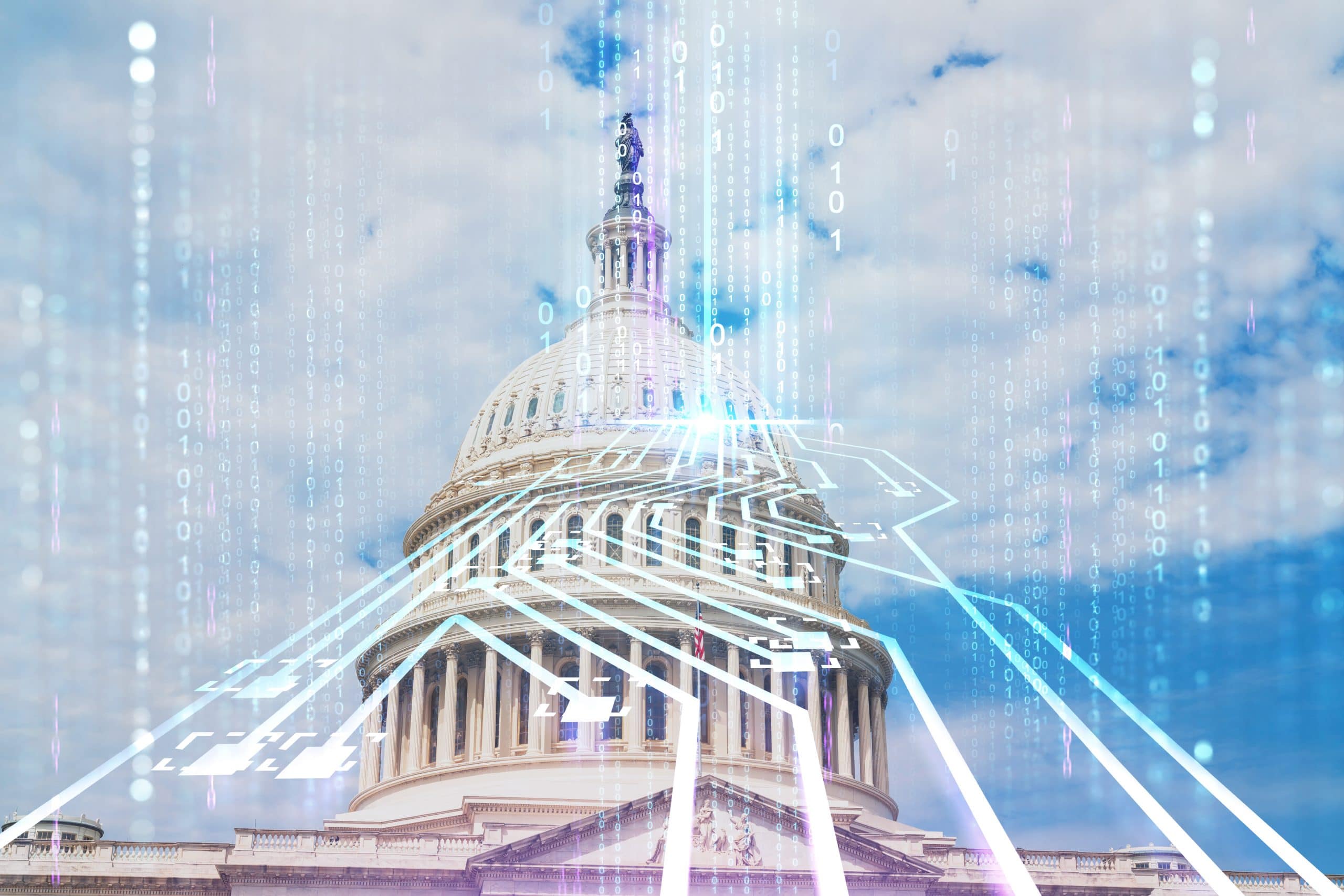Vibe Check on the Latest Poll
One of the things I get to do as a Senior Policy Analyst at Libertas Institute is take an early peek at the latest Overton Insights polling and report on the vibes. A few key points stand out from the latest polling, including people’s views on AI companions, data centers, and regulatory sandboxes. In broad strokes, if you read nothing else just know the vibes are off – the vibes are off big time.
The Vibe on AI Companions
As Artificial Intelligence (AI) continues to improve, some companies have developed chatbots meant to serve as companions or romantic partners – and some of these human-AI relationships have gotten pretty serious. Yet, an overwhelming majority of voters (78%) are concerned that these types of chatbot interactions could result in sensitive personal information being misused or leaked in the future. Only a small number of voters (17%) are not concerned about future risk.
To be clear, it is the official position of Libertas Institute that everyone deserves to find love, but there are privacy implications at play here that should cause concern. Interestingly, those who did not report having a political ideology were 23% more likely to be unsure about these privacy concerns. Perhaps these are the lonely hearts; the holdouts hoping someday they’ll meet the AI Harry to their Sally.
Data Centers Give NIMBY Vibes Even Without Tax Subsidies
It’s well-settled that the economic driver of the 21st Century will be artificial intelligence (“AI”). Yet, as our polling suggests, only a minority of voters (36%) were supportive of building an AI data center in their local communities, versus a greater plurality of voters (46%) who were opposed.
AI requires a ton of energy and water to operate and deliver value, operating through specially designed data centers. These data centers don’t just pop up on a busy corner like a McDonald’s or a Starbucks would. AI data centers are expensive operations, requiring buy-in from local communities who often provide tax subsidies to attract them — and many don’t feel they’re aesthetically pleasing to boot.

The upside to AI data centers is that they create jobs, not just on-site but also by attracting high-tech industries that operate in close proximity. It’s an “if you build it they will come” type deal. Yet, it appears that even absent a tax subsidy, the NIMBYs have it on this one — failing to see — or perhaps rejecting — the economic boon to their local community. However, when factoring in tax subsidies into the question, it is clear that even the YIMBYs get cold feet.
When asked if they’d feel the same if a tax subsidy or incentive were required to build, 23% of those who previously supported data centers changed their mind. 69% remained supportive of building a data center, even if it meant using their hard-earned tax dollars.
Regulatory Sandboxes: “Regulatory What?”
When it comes to innovation and regulation, voters are split. A plurality of voters (44%) support a “Regulatory Sandbox,” which allows states to temporarily waive certain laws or regulations so that companies can test innovations under close government oversight. A large minority (33%) are opposed to a regulatory sandbox while nearly a quarter (24%) remain unsure.
Our work in spreading regulatory sandboxes across the states is well-known and fruitful, particularly when it comes to catching the attention of lawmakers. But despite the simple language and naming, it appears a majority of everyday voters still don’t get it when it comes to regulatory sandboxes.
One of the reasons for reluctance towards regulatory sandboxes may be that voters incorrectly associate them with the Department of Government Efficiency (DOGE). In fact, 51% of Trump voters polled were in favor of regulatory sandboxes, perhaps owing to this DOGE association. However, what’s more likely the case is that folks are far less familiar with the idea. Among all groups, few felt strongly one way or another. If that’s not convincing enough, then the 24% of voters who said “unsure” settles it.
In the wake of DOGE, and all its controversy, this trend of confusion is likely to continue.
It’s giving misunderstood, fam.







